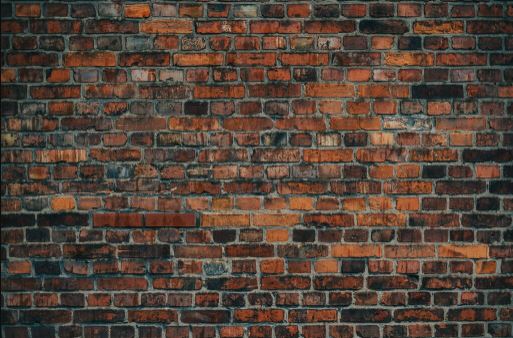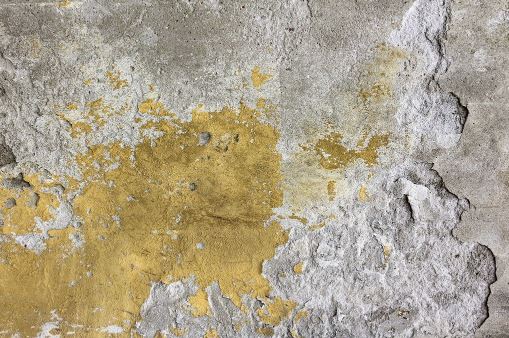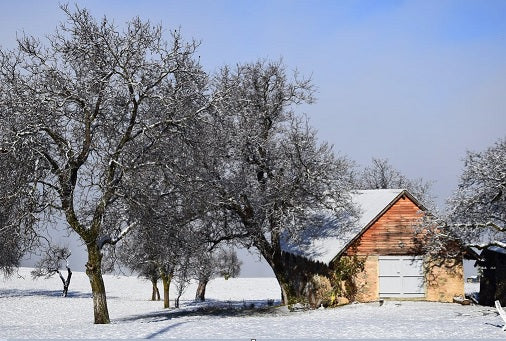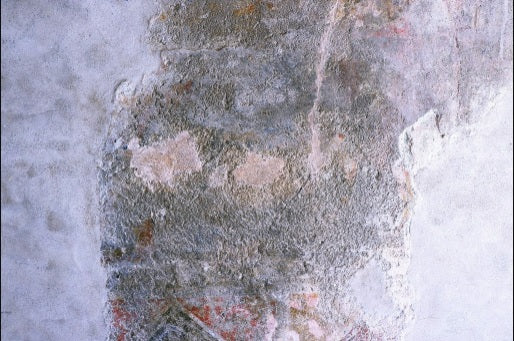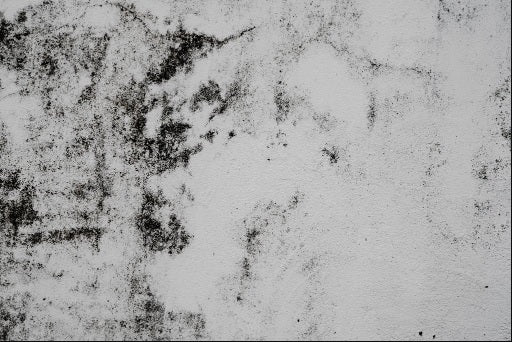Should I Waterproof My Brickwork?
Many people falsely believe that due to modern building methods, including the use of impermeable materials and cavity walls, that they do not need to protect the external brickwork and masonry, but this assumption can prove costly in the long run and penetrating water can cause damp, mold, timber damage and a loss of structural integrity. This blog post will explain why waterproofing brickwork is important, what you should use to achieve this, and how you should apply it.

